Registration rates:
$0 for student members (30 spots available, regular rate is $32)
$64 for members
$204 for non-members
This virtual short course will teach participants how to access, use and apply GOES-R and JPSS satellite data and products by exploring operational scenarios that address forecasting challenges and improve data driven decision making to mitigate the impact of environmental disasters.
| Registration close date: | CLOSED - Friday, February 11, 2022 at 11:59 PM Eastern Time |
| Participant cap: | 100 |
Registration rates:
$0 for student members (30 spots available, regular rate is $32)
$64 for members
$204 for non-members
Registration policy:
AMS requires a valid payment to be made within 5 days of the start of a course or sooner if registration has reached capacity. You will be contacted by AMS staff if payment is required. Refunds will not be issued to attendees within 7 days of the start of a course. Registrations are not transferable or exchangeable.
This satellite training course will provide participants an opportunity to access, use and apply GOES-R and JPSS satellite data and products in two hands-on training exercises of operational scenarios to address forecasting challenges and improve data driven decision making to mitigate the impact of environmental disasters. Satellite subject matter experts will provide instruction and demonstration on how to use readily available tools to process, display, and analyze GOES-R, JPSS, and other environmental satellite data and products to address (1) precipitation and flooding and (2) fire and smoke effects on society’s environmental security. Hands-on exercises will utilize satellite data to focus on the impact of predicting and communicating events from each topic while addressing the environmental security influences.
Hands-on activities for heavy precipitation and flooding will include both ABI and VIIRS products to anticipate the possibility of heavy precipitation, and to diagnose precipitation (and its effects) as inundation and flooding occurs. Participants will use data from websites that display real-time or near-real-time imagery to create documents as might be provided to decision makers.
Hands-on exercises will demonstrate the use of ABI and VIIRS level 2 fire products to monitor and track the explosive growth of the Caldor Fire over a 24-hour period in August 2021. Participants will use Python Jupyter Notebooks to 1) download ABI data files from the NOAA archive on Amazon Web Services (AWS), 2) open and read the contents of ABI and VIIRS data files, and 3) process ABI and VIIRS level 2 fire data and visualize the data on professional quality maps. Prior experience with Python is helpful but not required.
Participants will need access to Zoom through either the web or desktop application.
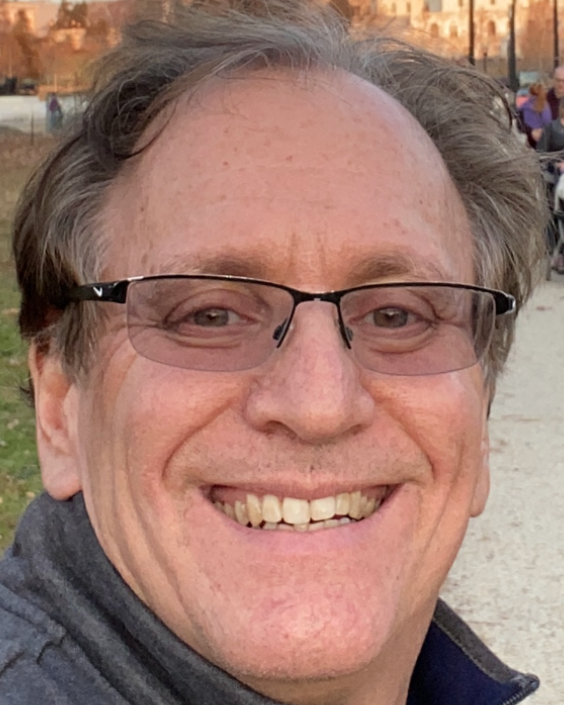
NOAA/NESDIS Chief Scientist
Dr. Mitch Goldberg is the NOAA Senior Scientist for Environmental Satellites. Dr. Goldberg serves as an expert and lead representative of the NOAA/NESDIS science and user communities and coordinates NESDIS applied science.
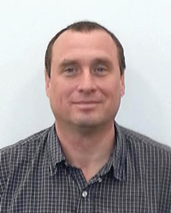
NOAA/NESDIS/STAR
Ivan Csiszar is the Branch Chief of the Environmental Monitoring Branch of the Satellite Meteorology and Climatology Division at NOAA/NESDIS Center for Satellite Applications and Research (STAR).
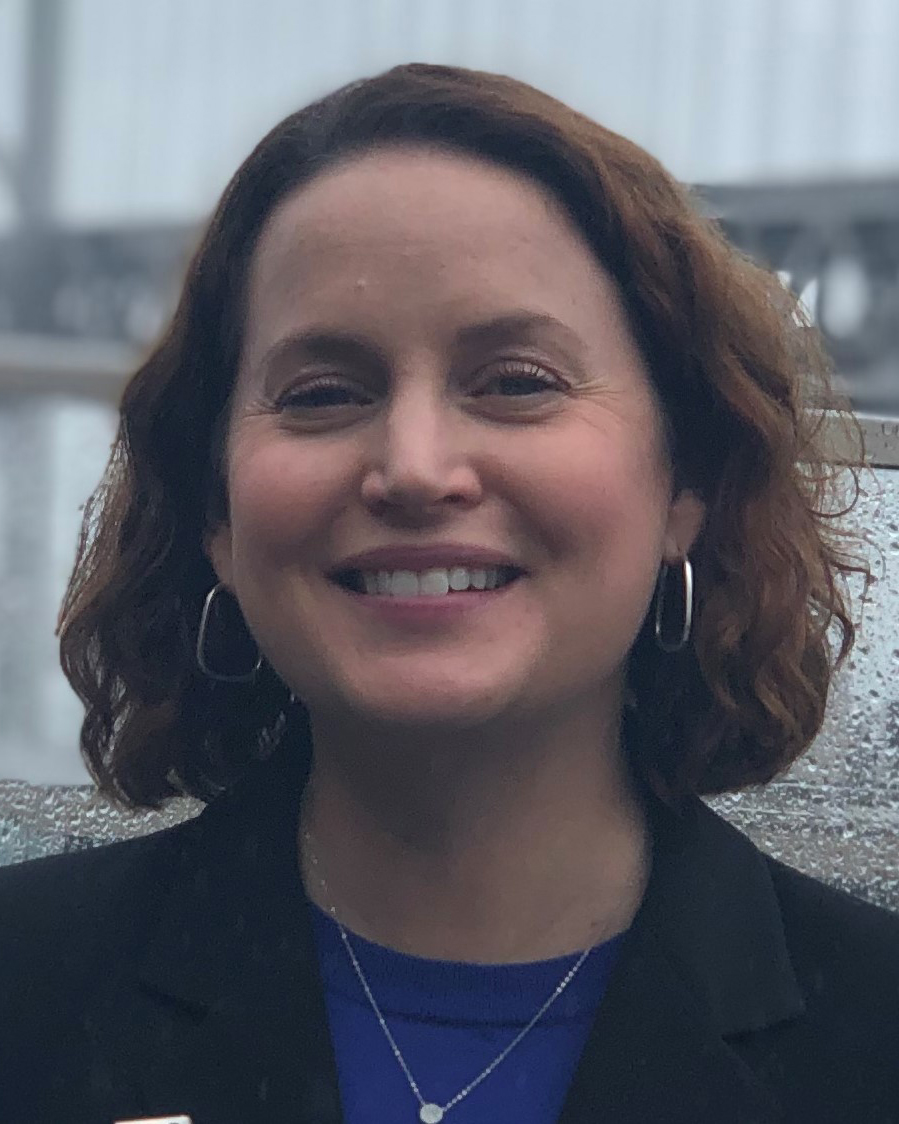
IMSG at NOAA/NESDIS/STAR
Dr. Amy K. Huff is a Senior Research Scientist at I.M. Systems Group, a contractor for the NOAA/NESDIS Center for Satellite Applications and Research (STAR).
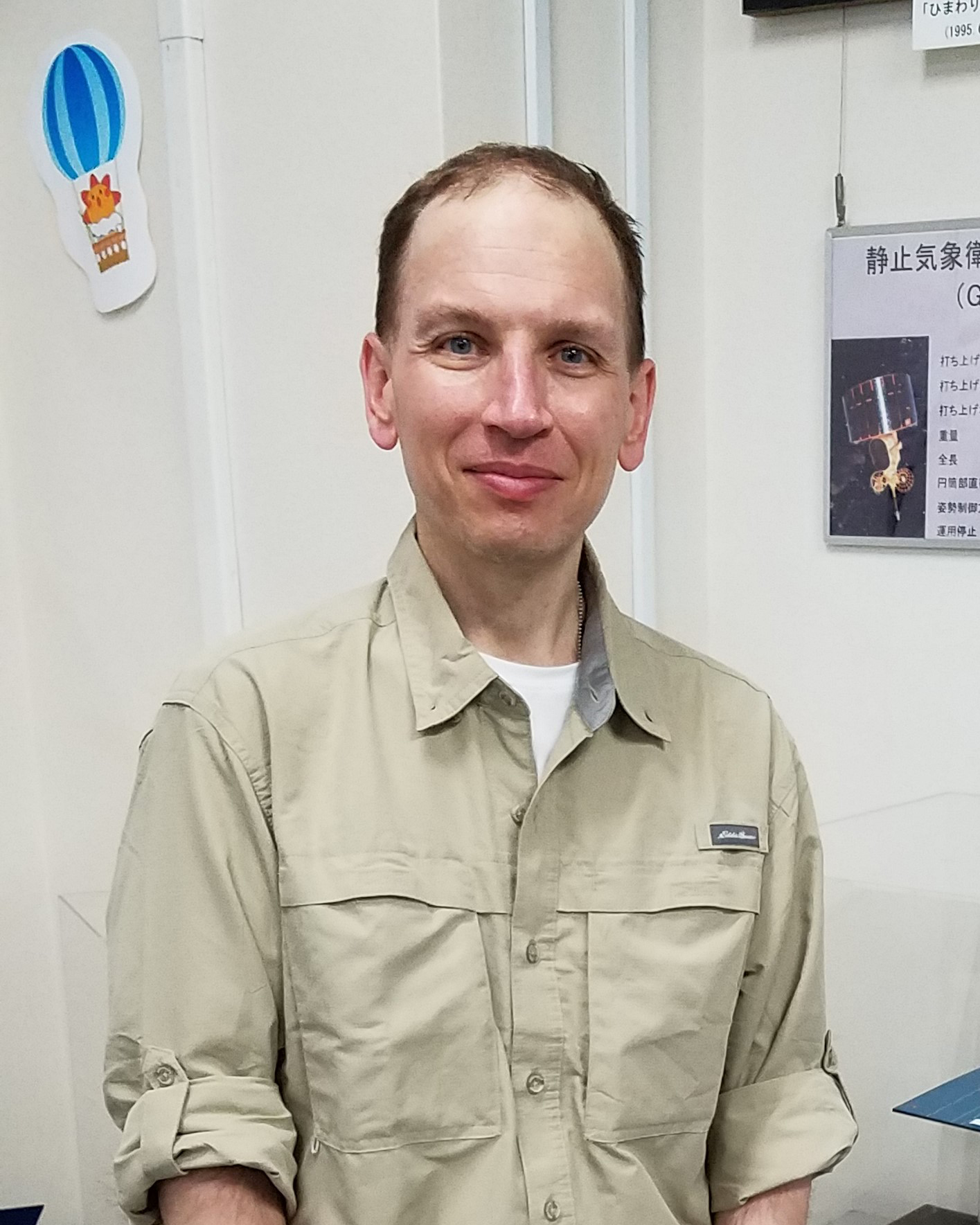
CIMSS/University of Wisconsin-Madison
William Straka is a researcher with the Cooperative Institute for Meteorological Satellite Studies (CIMSS), where he has been working for over 15 years.
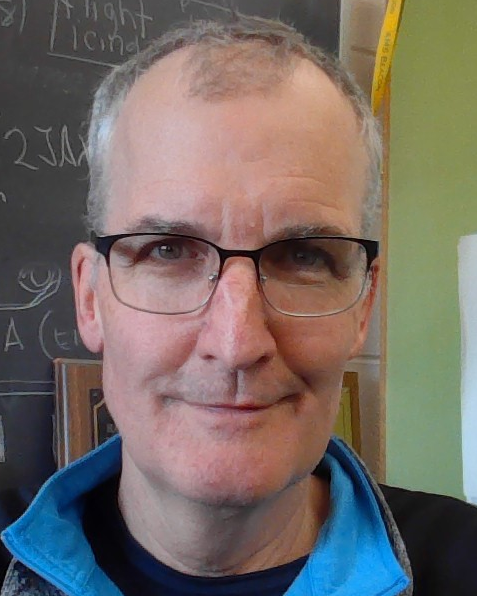
CIMSS at the University of Wisconsin-Madison
Scott Lindstrom is an Information Technologist and trainer at the Cooperative Institute for Meteorological Satellite Studies (CIMSS) at the University of Wisconsin-Madison.
NOAA/NESDIS/GOES-R Program Office
[email protected]
NOAA/NESDIS JPSS Program Office
[email protected]